After scrapping emergency law powers in Egypt, Sisi took them back, this time permanently
Amendments to notorious laws will strengthen Sisi’s hand in quashing dissent. Now, he seeks international recognition of his new powers, writes Ahmed Aboudouh

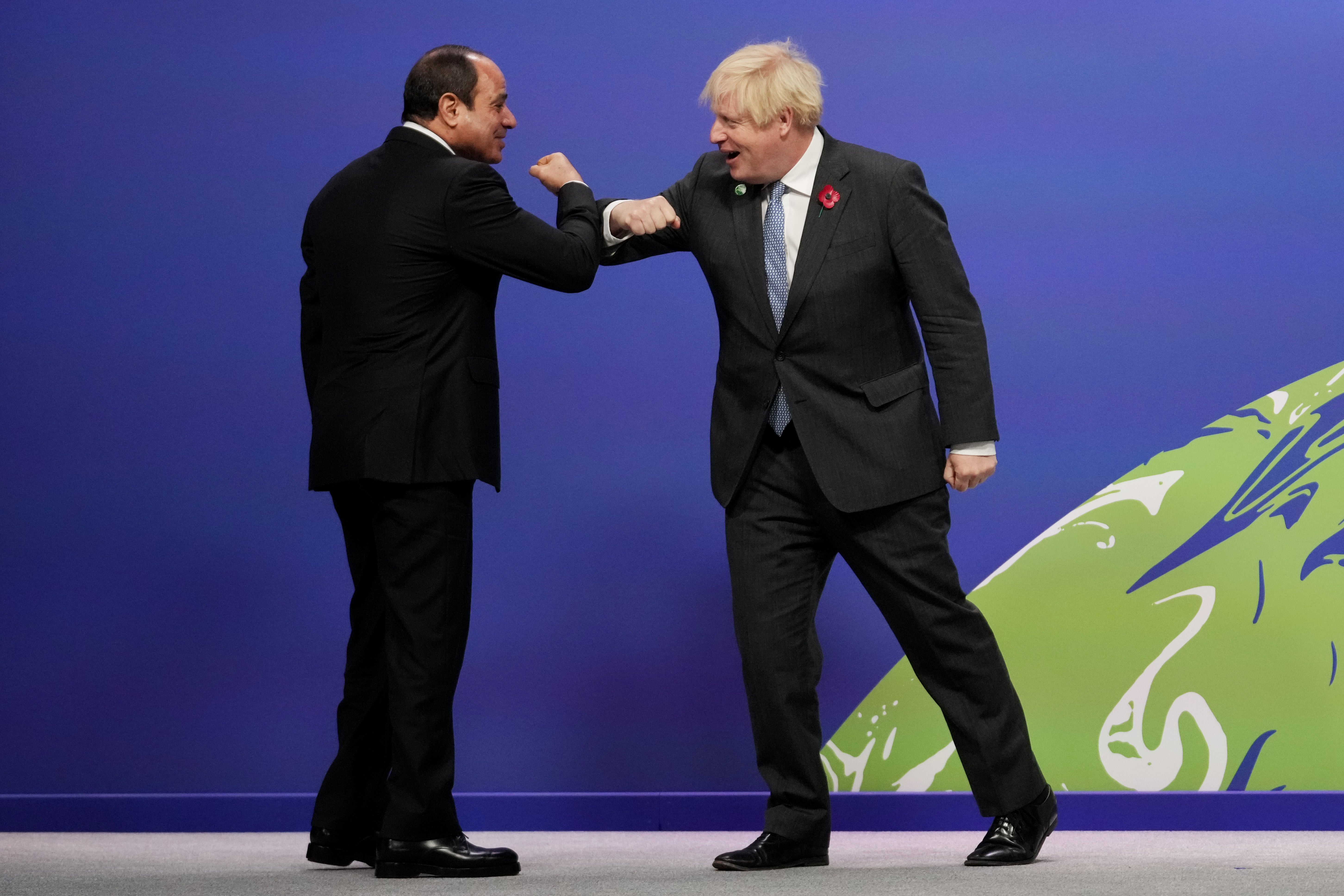
Your support helps us to tell the story
From reproductive rights to climate change to Big Tech, The Independent is on the ground when the story is developing. Whether it's investigating the financials of Elon Musk's pro-Trump PAC or producing our latest documentary, 'The A Word', which shines a light on the American women fighting for reproductive rights, we know how important it is to parse out the facts from the messaging.
At such a critical moment in US history, we need reporters on the ground. Your donation allows us to keep sending journalists to speak to both sides of the story.
The Independent is trusted by Americans across the entire political spectrum. And unlike many other quality news outlets, we choose not to lock Americans out of our reporting and analysis with paywalls. We believe quality journalism should be available to everyone, paid for by those who can afford it.
Your support makes all the difference.President Abdelfattah el-Sisi’s words were conspicuously buoyant when he announced last week on Twitter his decision to scrap the state of emergency for the first time in four years, claiming Egypt has become a “security and stability oasis in the region.”
However, the discreet optimism that followed among citizens, foreign diplomats and experts quickly became doom and gloom.
On Sunday, Egypt’s rubber-stamp parliament passed legislative proposals from Sisi’s government that will reinforce the national security powers of the president and military. The changes were passed with a landslide and included the notorious Counterterrorism Law.
The president was given the power to issue prison sentences of up to 15 years in jail if a convict defied his curfew or evacuation orders. The filming, recording or broadcasting of a terrorism trial will be considered a legal offence that could lead to paying a sizeable fee of up to £14,000.
The military will also be permanently granted full control over crucial infrastructure facilities once Sisi ratifies the amendments, including gas lines, oil fields, electricity stations, railway and road networks. Those accused of trespassing or damaging such facilities will face trial before a military court.
And research on the military, its current or former members, without written approval by the army, will be punished by up to six months in prison or a fine of £2,300.
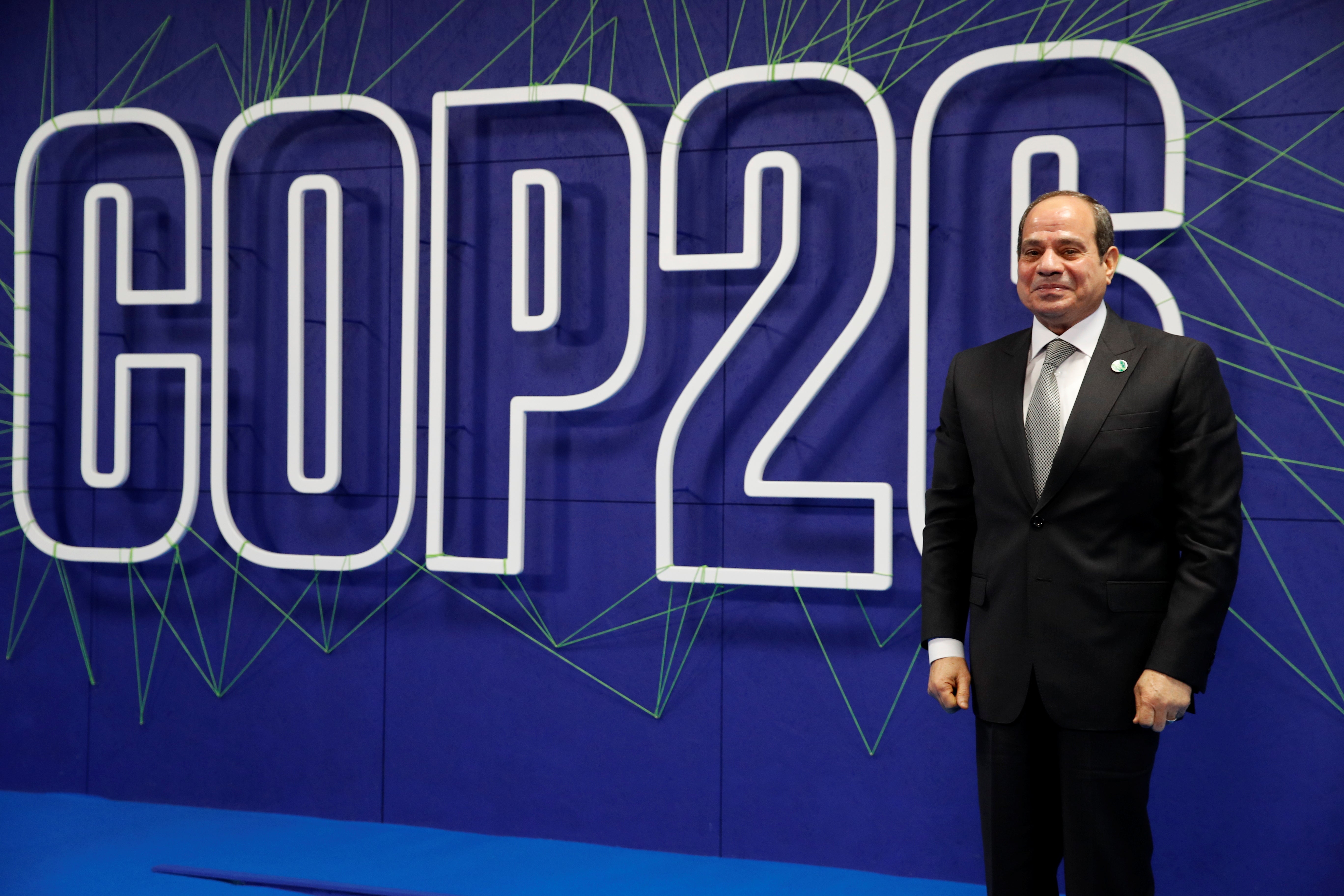
“Some of the amendments made are not provisions that existed in the emergency law, but temporary measures that have been part of Egypt’s legal landscape since 2013, merely gaining permanent entrenchment,” says Hafsa Halawa, a non-resident scholar at the Middle East Institute.
The reality is that the legislative changes are almost identical to the sweeping powers the government previously enjoyed under the emergency law. It continues a tradition of entrenching repressive measures into laws even before introducing the emergency state by Mr Sisi’s government.
Egypt’s legislation took a repressive turn point between 2013 and 2014 in the absence of an elected parliament. Then-general Sisi, the country’s de facto ruler, oversaw the introduction of a large number of new laws and legal mechanisms to crackdown on dissent and freedom of expression.
“These (new) amendments and the ending of the state of emergency will not affect the ability of the law to continue to repress citizens,” Halwa says.
“Egypt’s human rights record is a result of a much deeper, entrenched mindset that seeks to disempower citizens from seeking self-determination, including the removal of personal freedoms. This mindset has been legally entrenched since 2013,” she adds.
The brief respite that followed the lifting of the state of emergency has quickly turned to deep anger and fear among the many ordinary Egyptians The Independent spoke to, who feel the government are capitalising on security fears to introduce what amounts to a permanent state of emergency.
“While society hails the end of the state of emergency, it is a muted celebration,” Mohamed El Dahshan, an associate fellow at Chatham House, says.
Mr Sisi has overseen an unprecedented crackdown on dissent in Egypt after leading the military overthrow of the Muslim Brotherhood’s Mohamed Morsi in 2013 amid mass protests.
But in the summer, his government sent positive signs of easing its grip on civil society and NGOs by releasing 46 prisoners, including democracy and human rights activists, some of who have spent years in detention without trial.
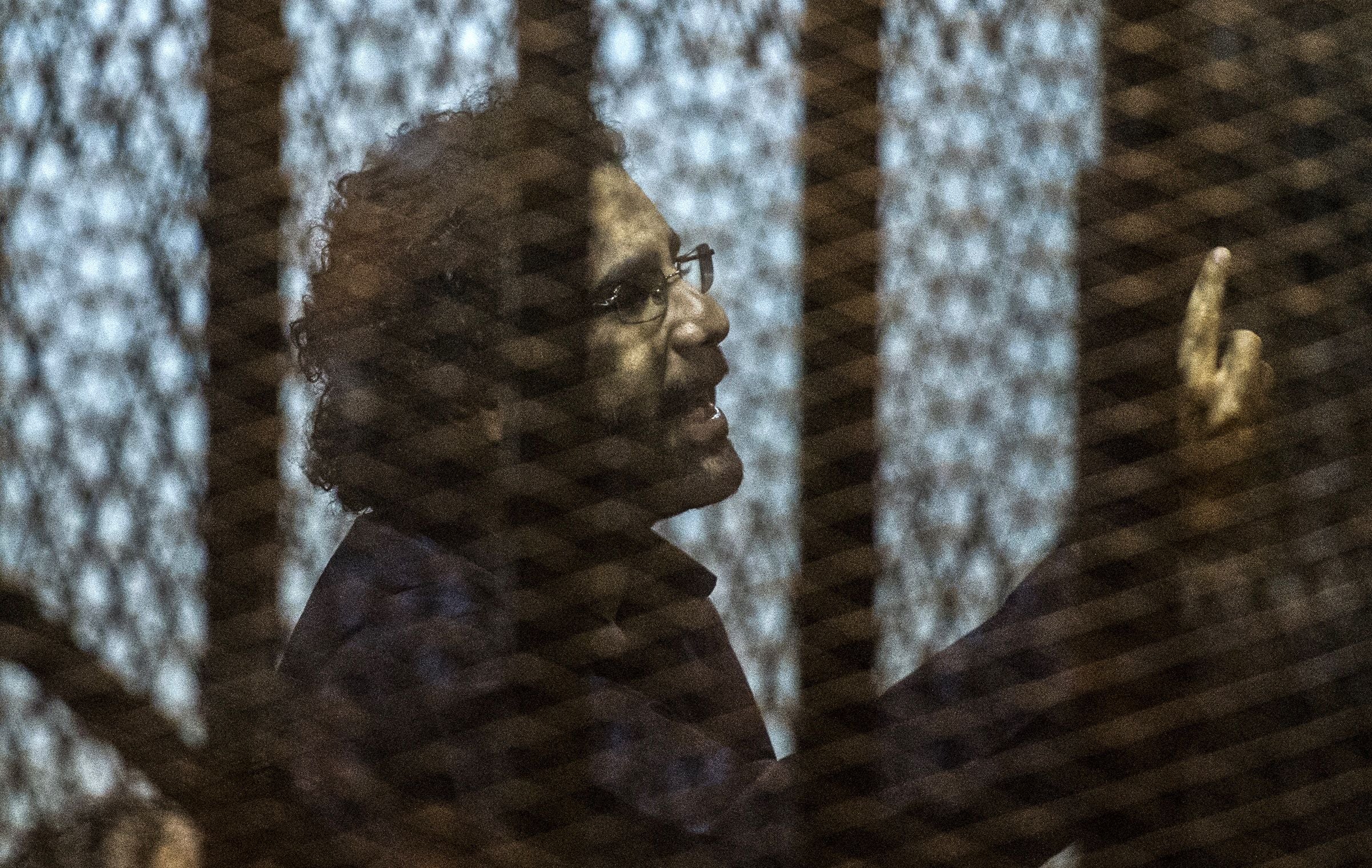
Mahienour El Masry, a prominent lawyer human rights advocate, was among those released after almost two years in detention. She questions introducing more powers in the counterterrorism legislation on the same day as Mr Sisi’s announced victory over terrorism.
“Preventing broadcasting of any photos from court hearings (in terrorism cases) preach the concept of publicity of the hearings that is considered as a guarantee to justice,” she tells The Independent.
Tens of thousands of political prisoners are still in Egyptian prisons - dozens among them have died in custody, according to the Human Rights Watch 2021 report on Egypt. Those jailed government critics include academics, journalists, lawyers, activists, Islamists and presidential candidates.
“Thousands of detainees who are innocent and have the same legal status that I had are not released yet. So if there is a real intention to stop such acts, then they have to be released,” El Masry says.
The latest amendments to some of Egypt’s most repressive laws, however, send a clear message to democracy advocates and human rights defenders that the government will not back down and accept meaningful change.
“That, of course, signals that the regime has no intention of relenting significantly on the level of repression in the country, which effectively takes away much of the sheen on the announcement that the State of Emergency will end in January 2022,” Halawa observes.
The Independent spoke to Egyptians with different ideologies and political leanings - most of them preferred to remain anonymous for fear of retaliation by the government. Some of them demonstrated apathy that largely stems from disenchantment with politics and a greater focus on their day-to-day economic struggles.
But most, including Mr Sisi’s staunchest supporters, tell a story of disappointment and regret at the draconian powers the legislative changes give the president and the military.
Many had enjoyed short-lived hope after the government announced a national human rights strategy in September and promised to review prisons conditions, freedom of speech and political participation.
Even some of Mr Sisi’s political cheerleaders could not hide their frustration.
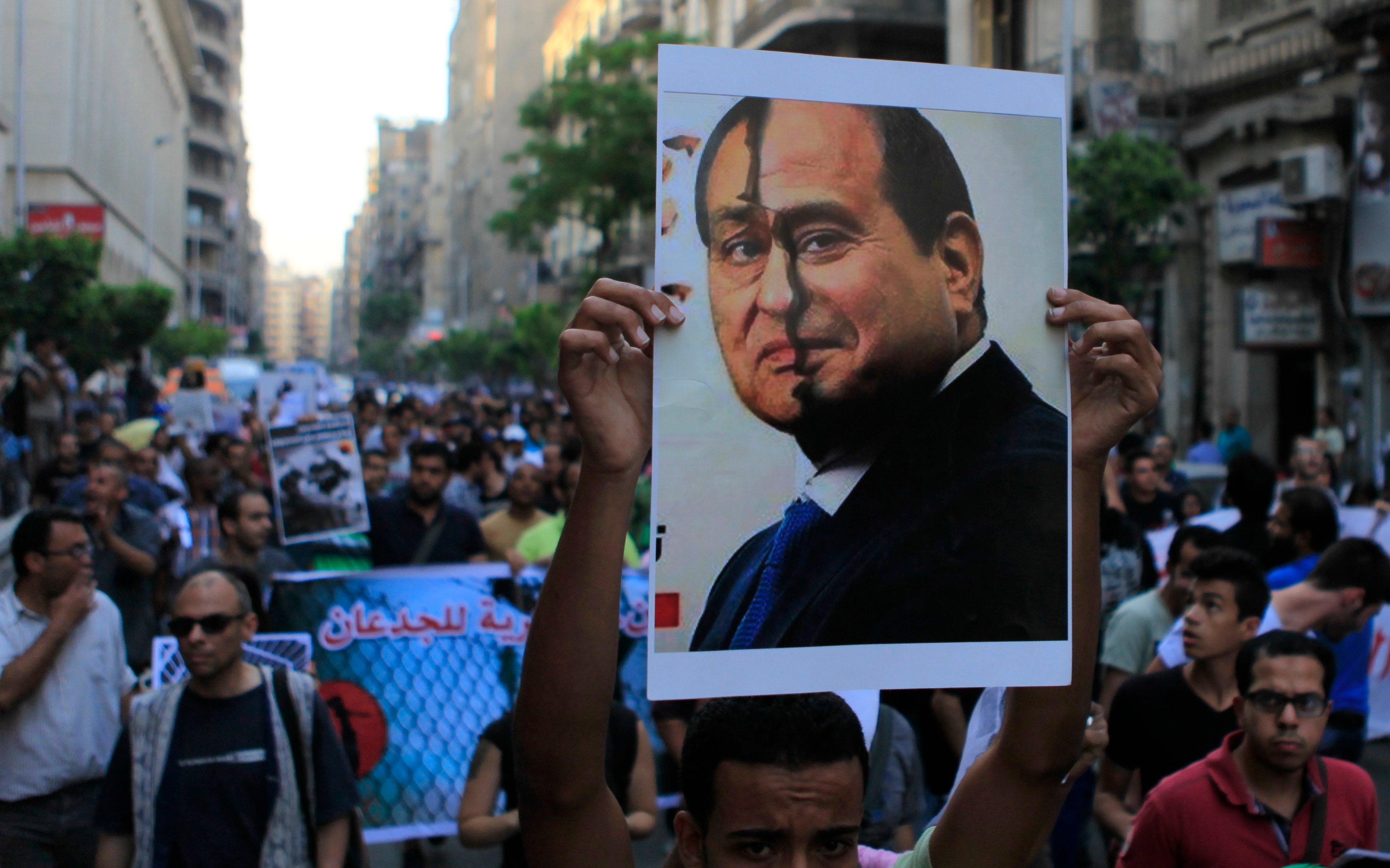
Mohamed Sadat, nephew of former Egyptian president Anwar Sadat, said he was not impressed by the latest push to maximise the president and the military mandate.
“I believe we don’t need those kinds of amendments… We just ended the emergency state… the latest amendments give mixed messages or, let’s say, create a controversial position, especially after launching the human rights strategy,” Sadat, who heads the Reform and Development political party, says.
Mr Sadat, 66, played a prominent role in drawing up the new human rights review and releasing a number of prisoners, as he recently became the government’s frontman on human rights.
He says he was not happy with the recent amendments. “People who were watching this, here or abroad, were a little bit surprised, of course,” he tells The Independent.
“They have been justifying by repeating they need these changes (to guard) against threats and violations of national security. No one can debate the need to protect national security if this is what they recommend,” he adds.
Mr Sadat went on a “charm offensive” last month when he led a delegation of pro-government lawmakers and journalists to Washington to promote the government agenda on human rights.
But critics say the trip to Washington, Cairo’s most important ally, was a PR stunt aimed at securing Mr Sisi’s first summit with US President Joe Biden, who has virtually given Egypt’s leader the cold shoulder since winning the presidential race.
Mr Sisi enjoyed a close relationship with Donald Trump, who once called him his “favourite dictator.” In his election campaign, Mr Biden touted he would not grant Mr Sisi “blank checks.”
Since then, Washington pressured Egypt to release detained activists, journalists, and other critics and restrain the hand of the security organisations over political life.
In September, the administration announced it will withhold $130 million worth of military aid from the $1.3b US’s annual aid to Egypt. A spokesperson said that State Secretary Antony Blinken “will move forward with the use of $130 million if the Government of Egypt affirmatively addresses specific human-rights related conditions.”
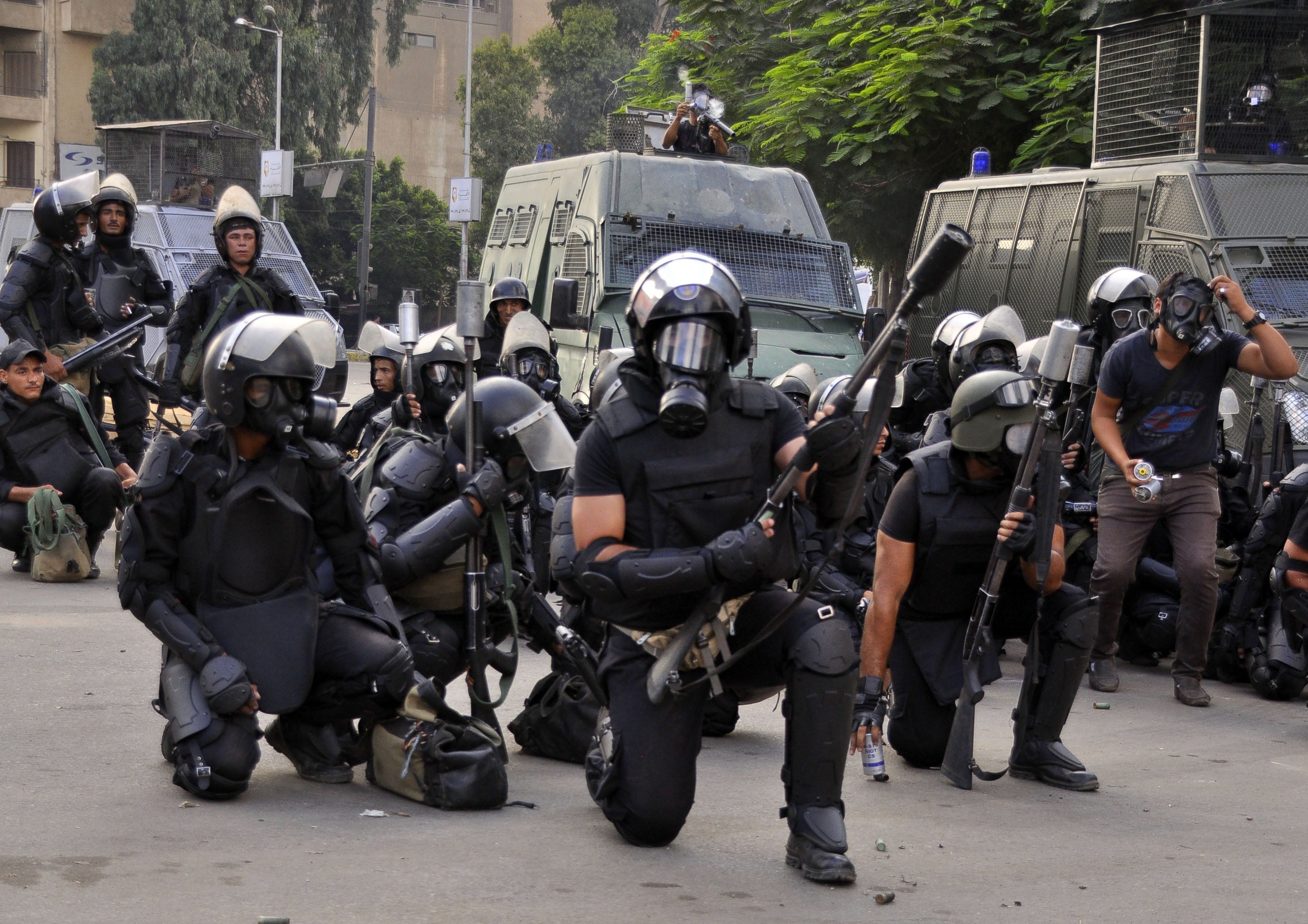
Mr Biden didn’t show interest in meeting Mr Sisi during the Cop26 summit in Glasgow. Instead, Mr Sisi was greeted with a meeting with UK Prime Minister Boris Johnson.
Egypt aspires to organise the Cop27 summit due next November. The Prince of Wales and The Duchess of Cornwall will visit Egypt on 18 November to discuss the fight against climate change. The visit is seen as part of the efforts by the UK to promote Egypt’s bid for next years’ summit.
But Egypt would still need Washington’s blessing on the international stage to win the race for the high-profile event as it seeks to polish its image.
“Biden will likely be required to provide President Sisi with diplomatic legitimacy as Egypt’s progresses on its bid to host COP27 next year, which will inevitably weaken its stance on the domestic rights issue - likely what the regime in Cairo is counting on,” Halawa notes.
Observers say the lukewarm relationship between the two men is likely to continue after the latest amendments.
The US, so far, has not commented publicly on these changes, reinforcing accusations by human rights defenders that countermeasures by US officials are aimed at responding to domestic pressure and not meant at nudging Egypt to adopt real change.
“Withholding 10 per cent of the military aid to Egypt is hardly more than a symbolic gesture and certainly does not amount to pressure with the potential to influence policy, and it will be met by an equally symbolic gesture on the part of Cairo,” El Dahshan says.
“For the Biden White House, much like previous administrations, human rights policy does not exist beyond the realm of symbolism.”
Join our commenting forum
Join thought-provoking conversations, follow other Independent readers and see their replies
Comments